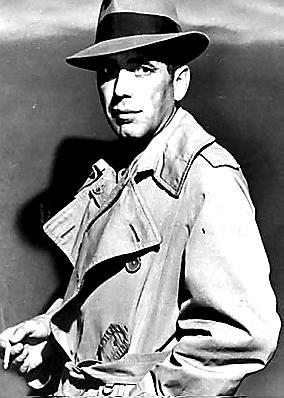More on the Danger of Hiring for 'Fit'
Late last year I posted 'Work, Play, and Hiring for Cultural Fit', a post that referenced a recent study on hiring published in the American Sociological Review that suggested, essentially, that people tend to hire people that are like them, and they 'get along with', as well as some comments made by some front-line HR professionals at a conference I had attended. While the study, and the thoughts of the HR pros I spoke with last year were both enlightening, I think the ideas expressed in this piece, 'What Your Culture Really Says' on the Pretty Little State Machine blog frames the 'Hiring for Cultural Fit' discussion in the best way that I've seen yet. Pop art American Greyhound - Carol Lynn Nesbitt
Pop art American Greyhound - Carol Lynn Nesbitt
It is written specifically to address the challenges and problems common to tech start-ups and other Silicon Valley-type firms, but still resonates more broadly I think. It also is a long-ish piece, and you should take some time to read it all, but I'll pull out the key part about the danger of focusing too heavily on the nebulous idea of 'fit' in the hiring process:
We make sure to hire people who are a cultural fit
What your culture might actually be saying is… We have implemented a loosely coordinated social policy to ensure homogeneity in our workforce. We are able to reject qualified, diverse candidates on the grounds that they “aren’t a culture fit” while not having to examine what that means - and it might mean that we’re all white, mostly male, mostly college-educated, mostly young/unmarried, mostly binge drinkers, mostly from a similar work background. We tend to hire within our employees’ friend and social groups. Because everyone we work with is a great culture fit, which is code for “able to fit in without friction,” we are all friends and have an unhealthy blur between social and work life. Because everyone is a “great culture fit,” we don’t have to acknowledge employee alienation and friction between individuals or groups. The desire to continue being a “culture fit” means it is harder for employees to raise meaningful critique and criticism of the culture itself.
There's lots more in the piece worth reading, and also taking a few minutes to think about your own experiences in your career, and how your organization evaluates cultural fit, relies on employee referrals to staff open jobs, or tends to recruit from the same few universities year after year.
When I first broke into the workplace more years ago that I care to admit, people talked a lot about 'culture' and 'fit' then too. It also had another name - the 'Good 'ol Boys Club'.
Happy Wednesday.

 Steve
Steve


